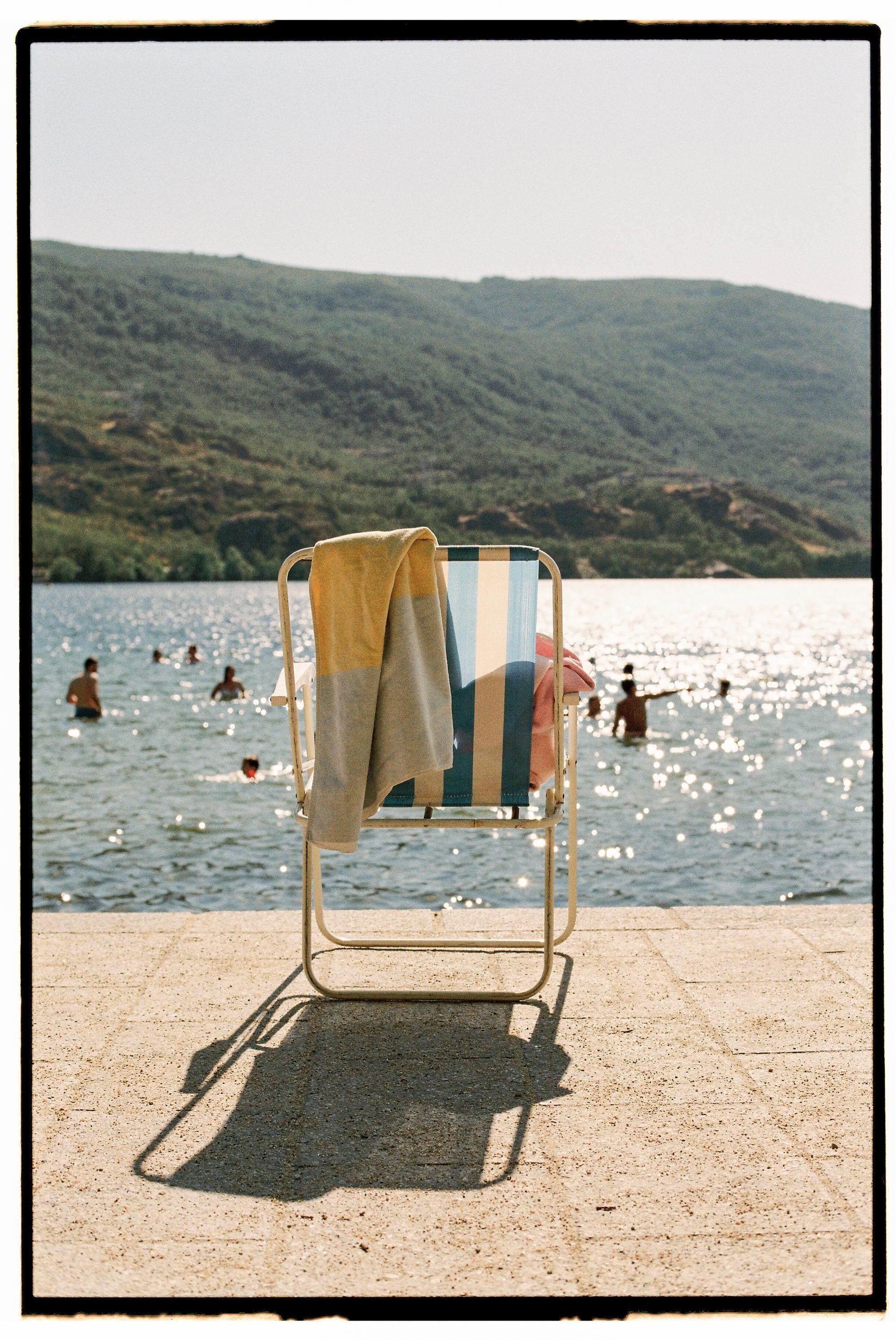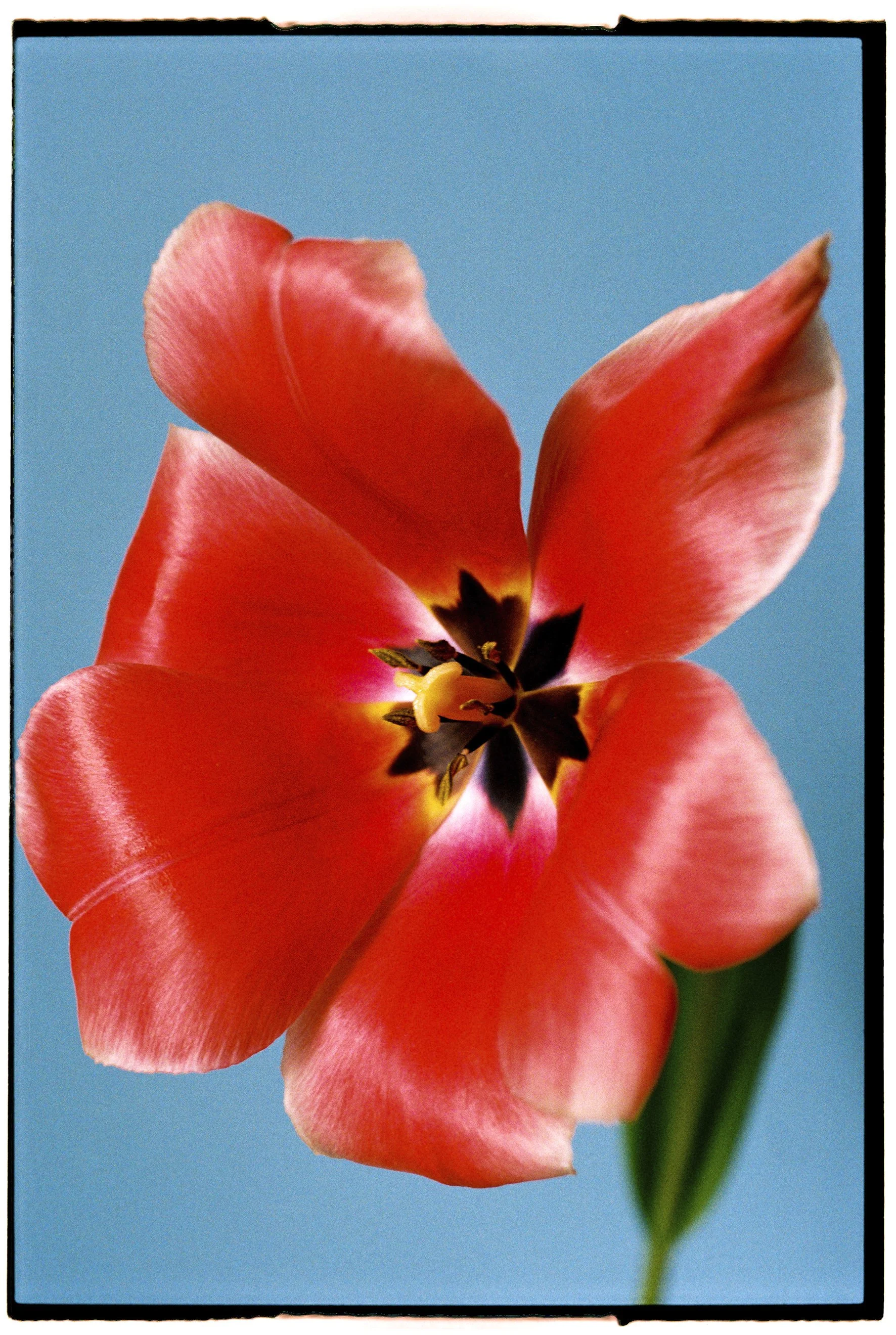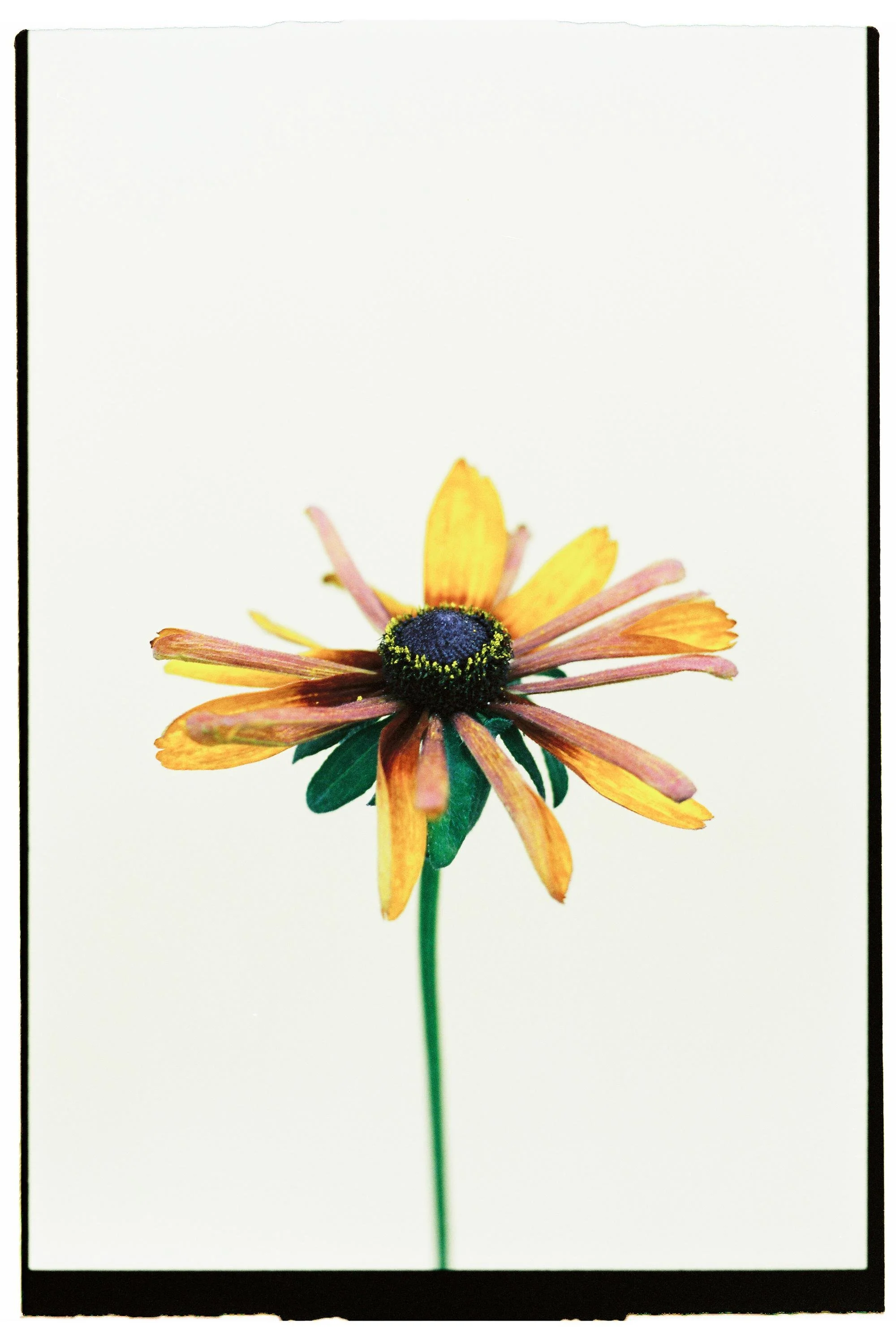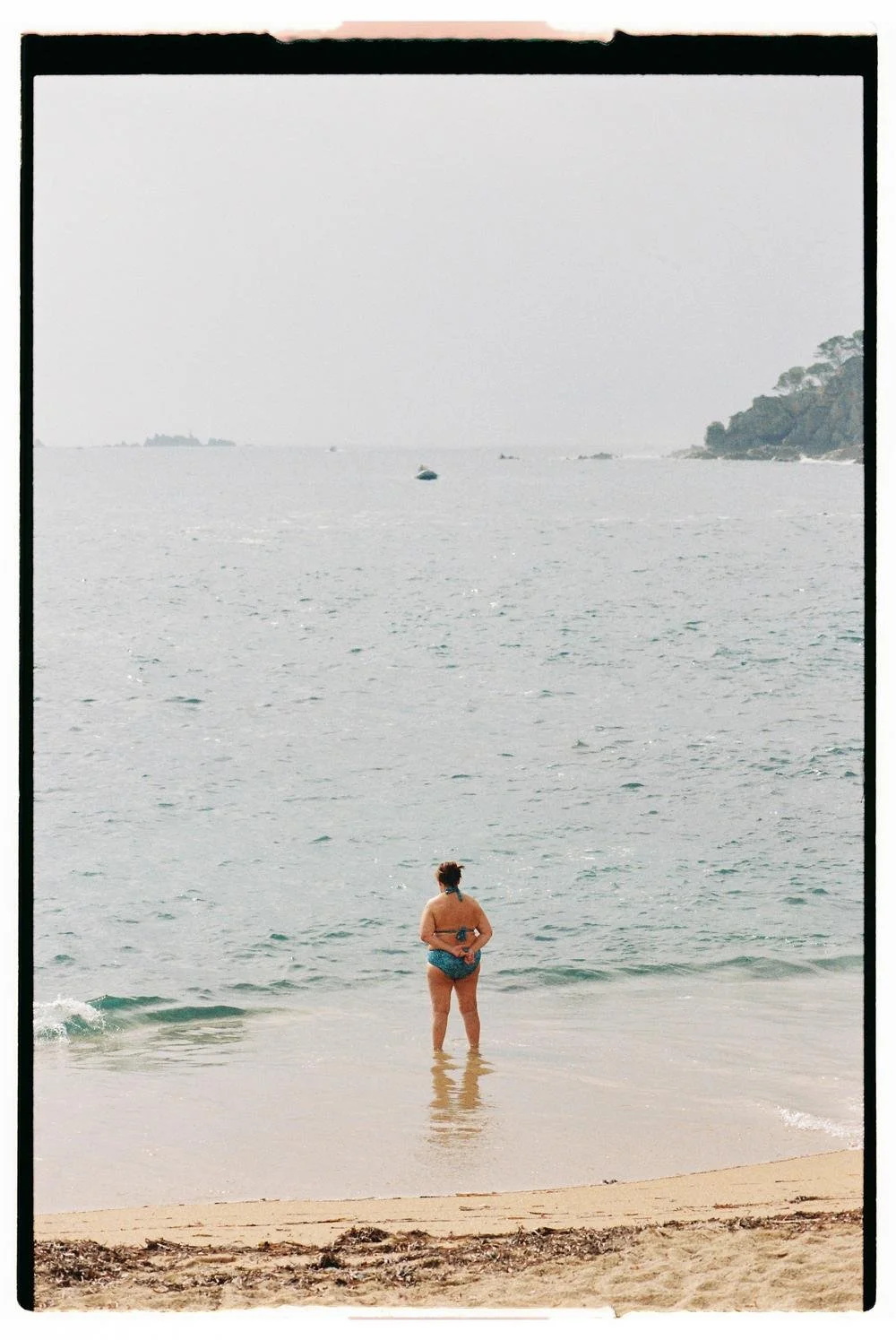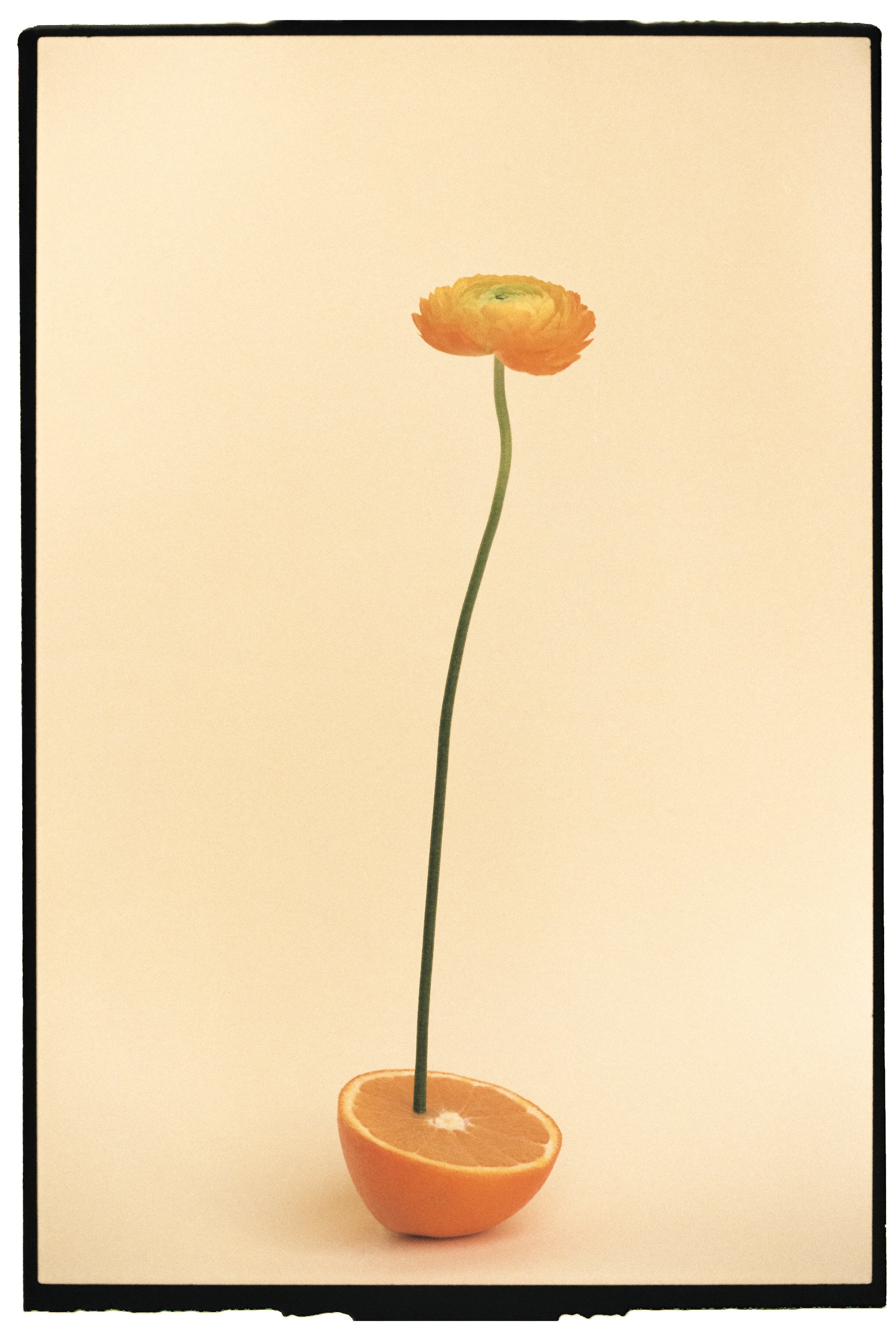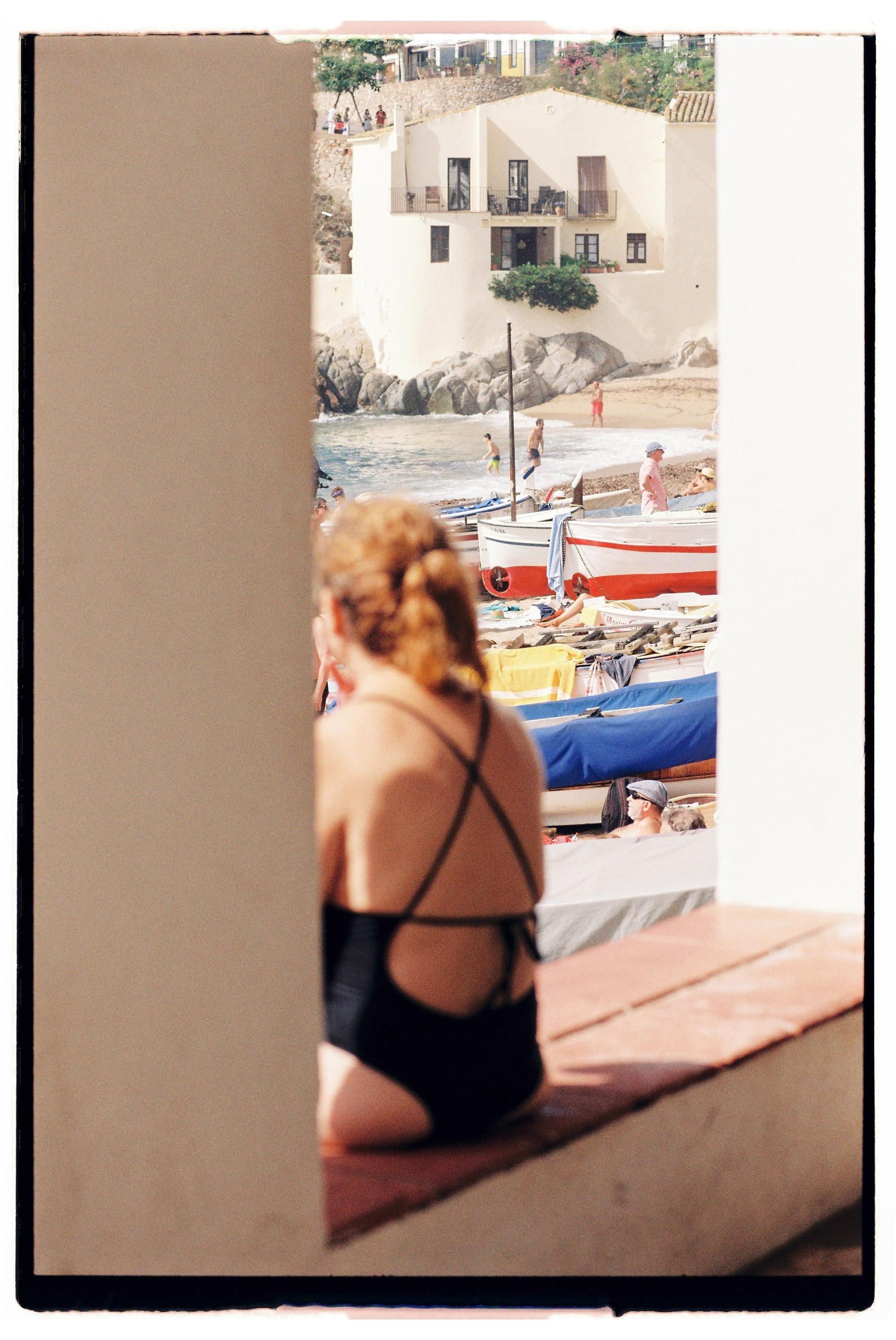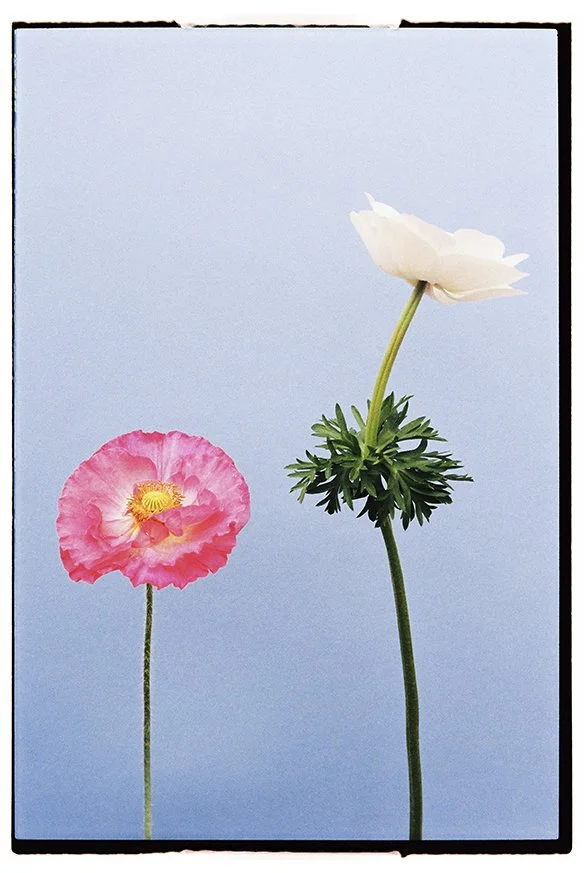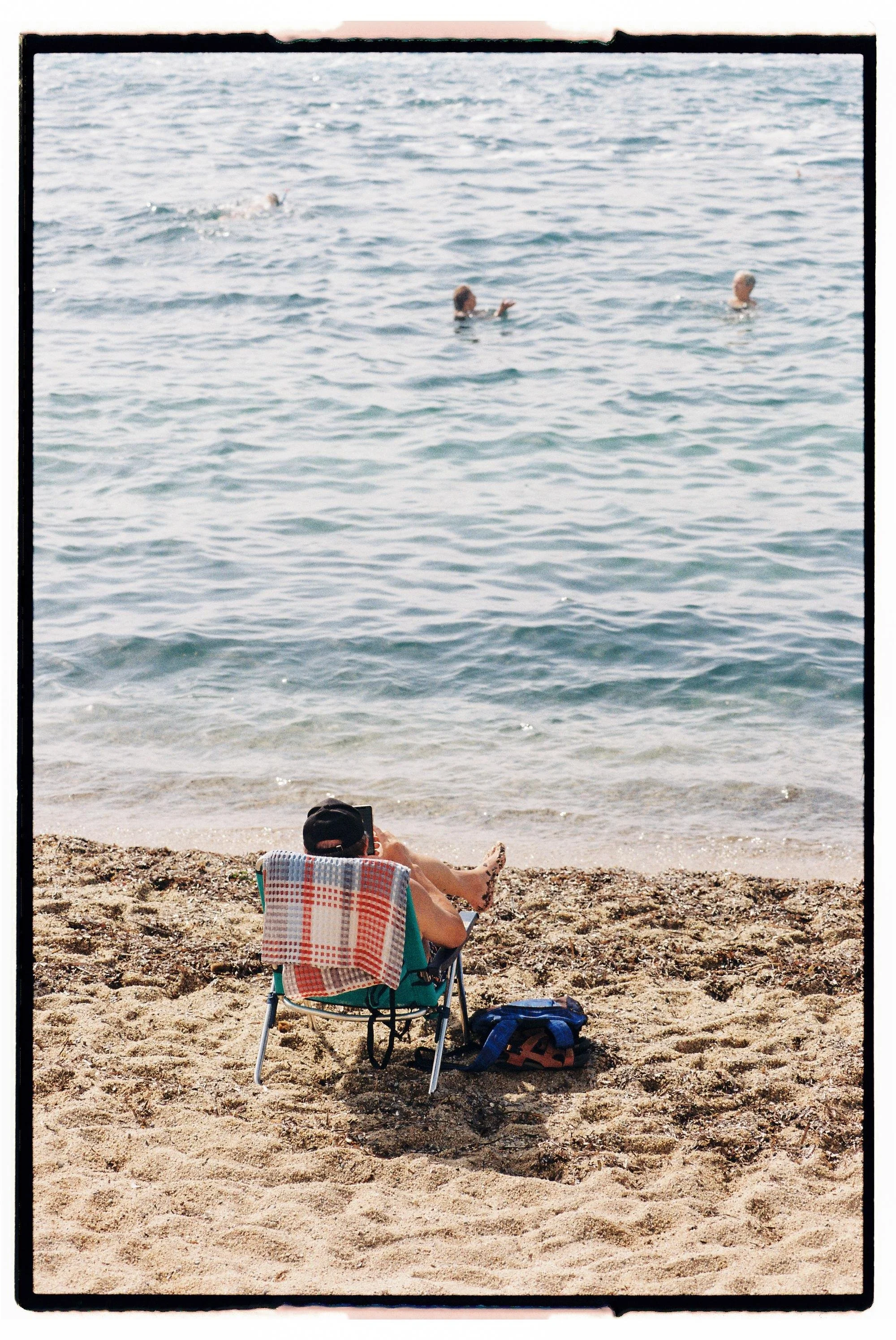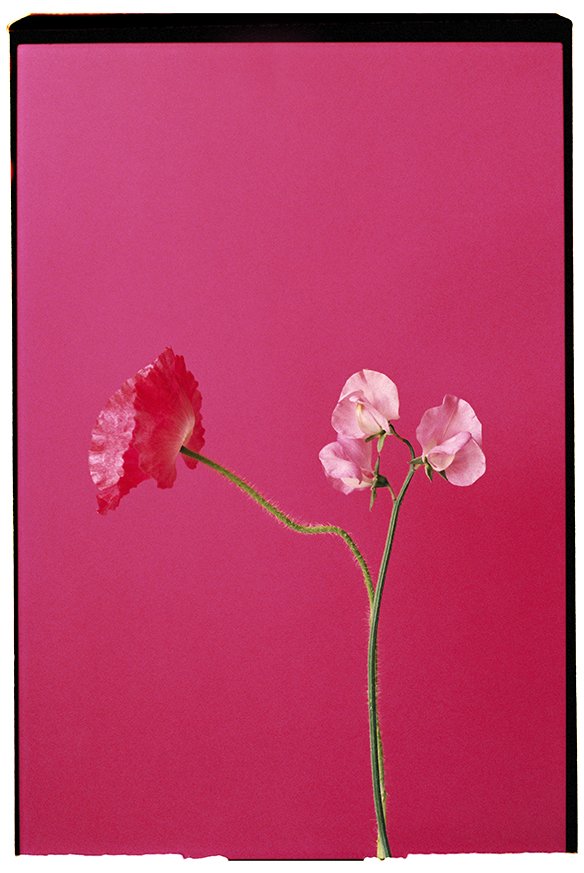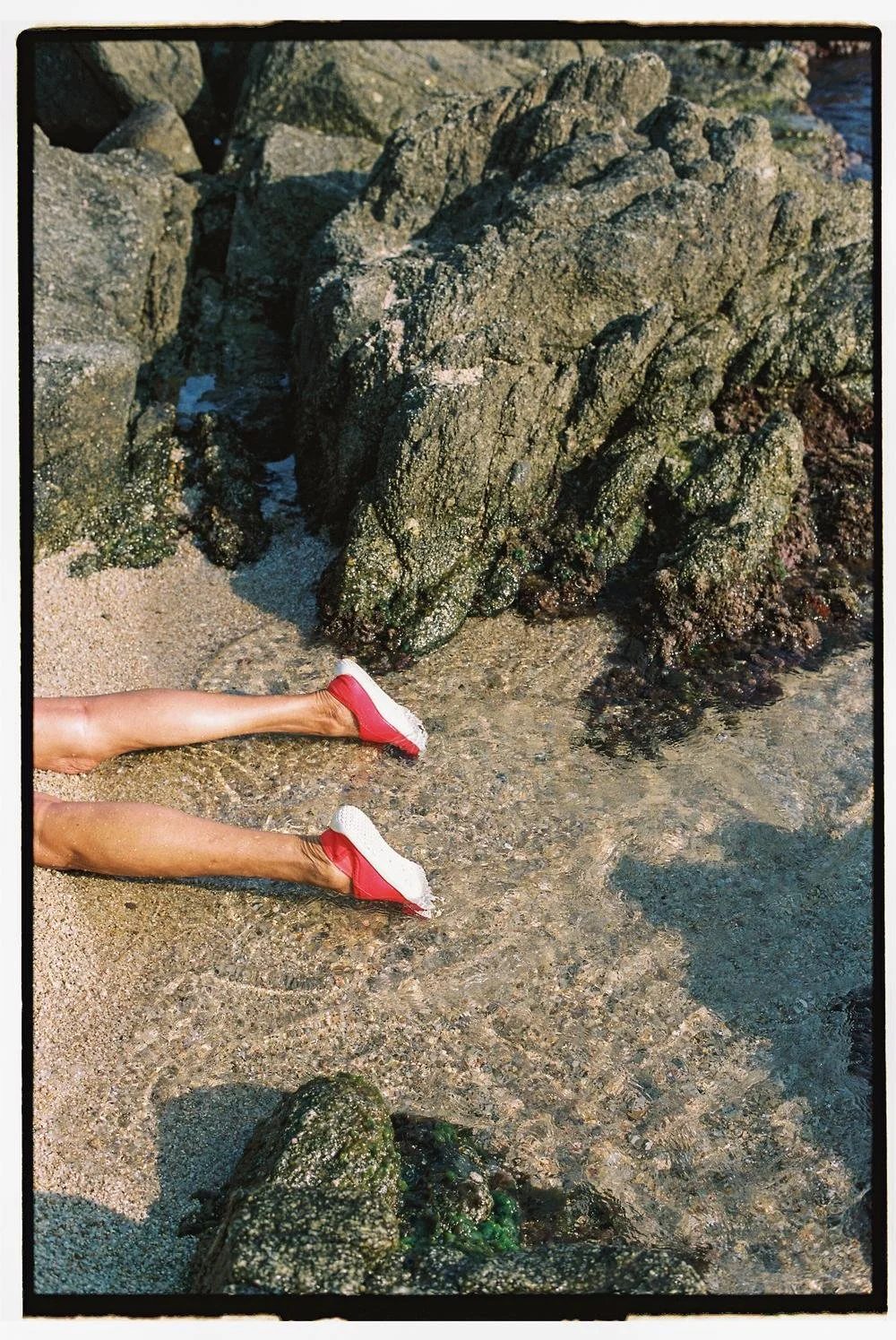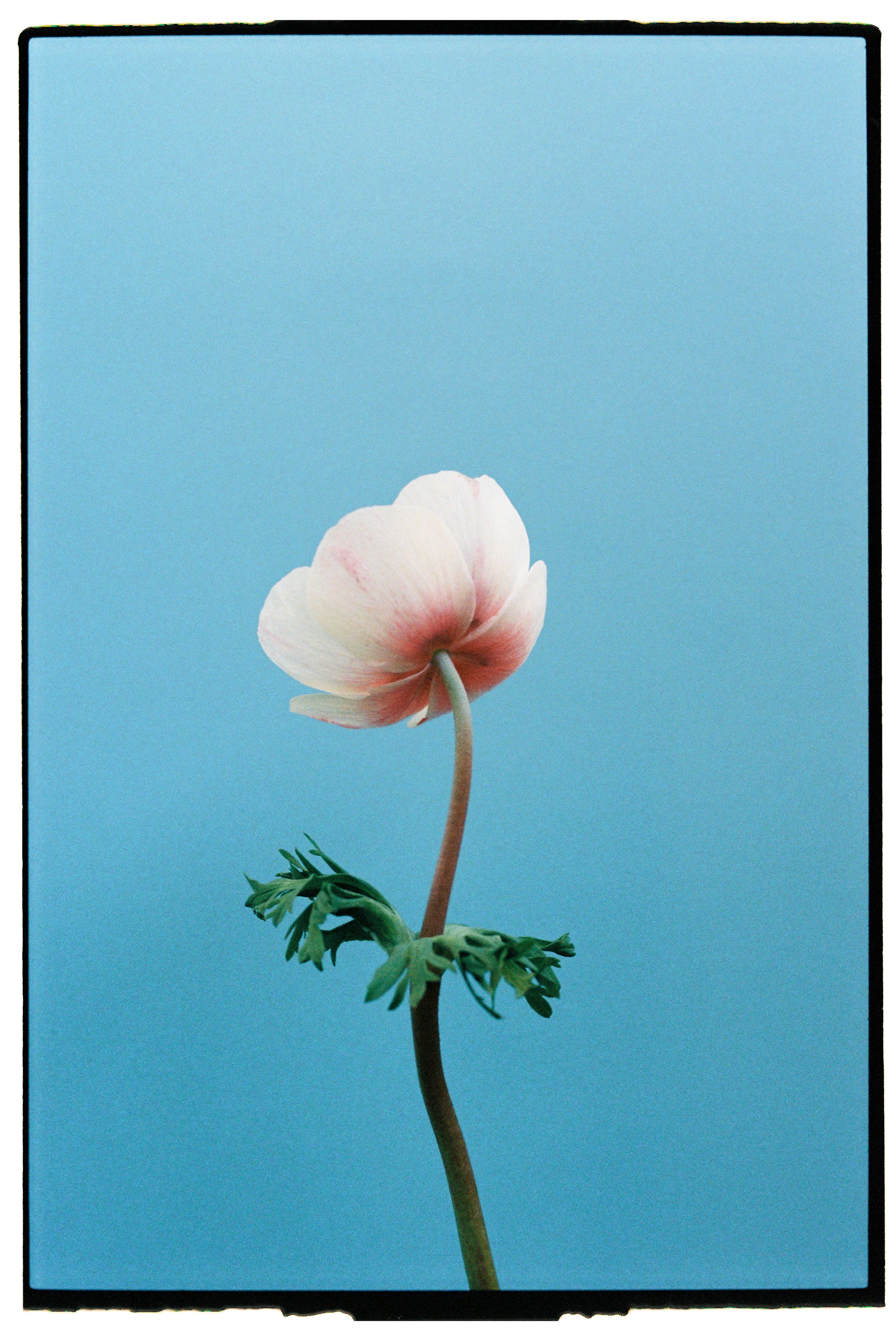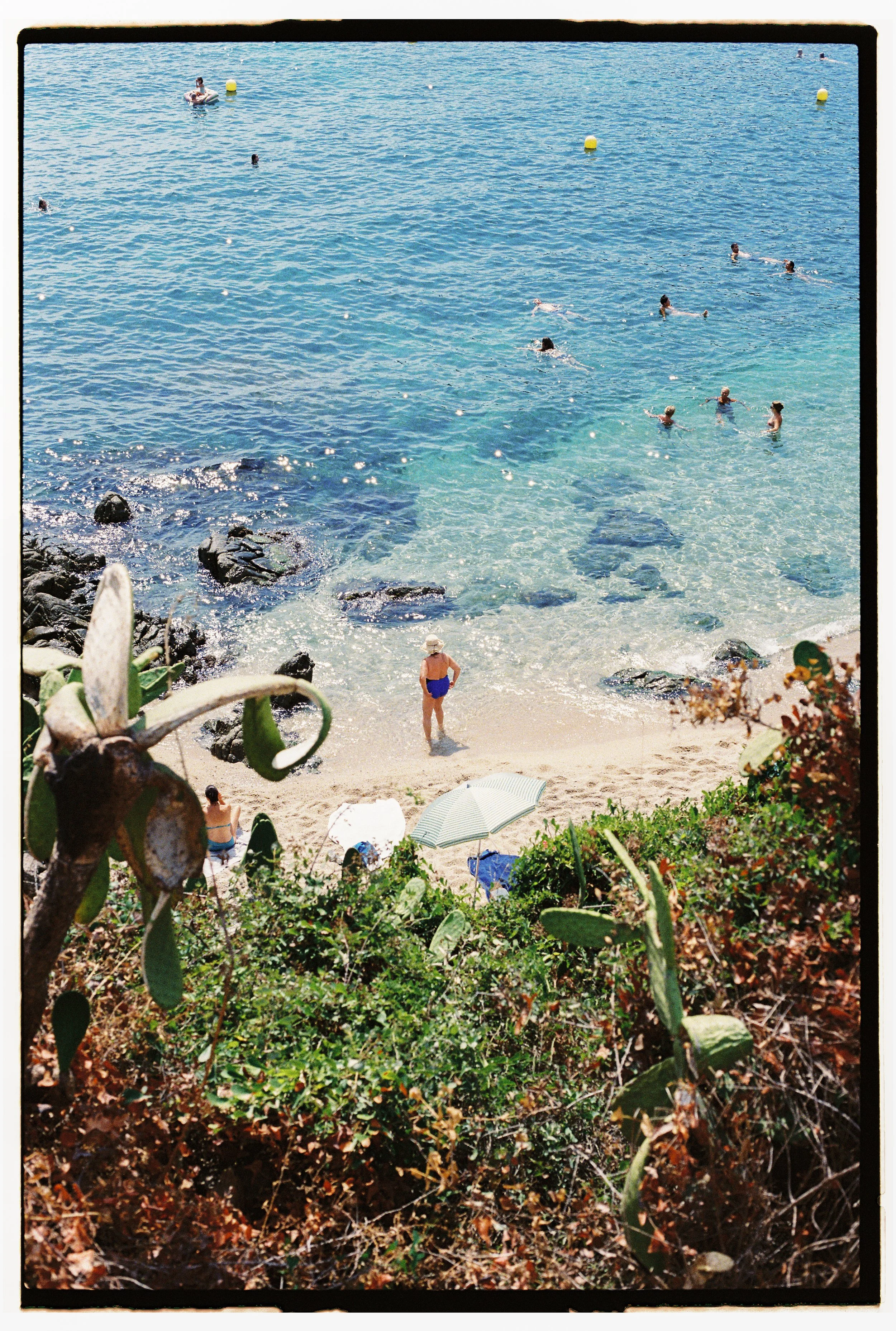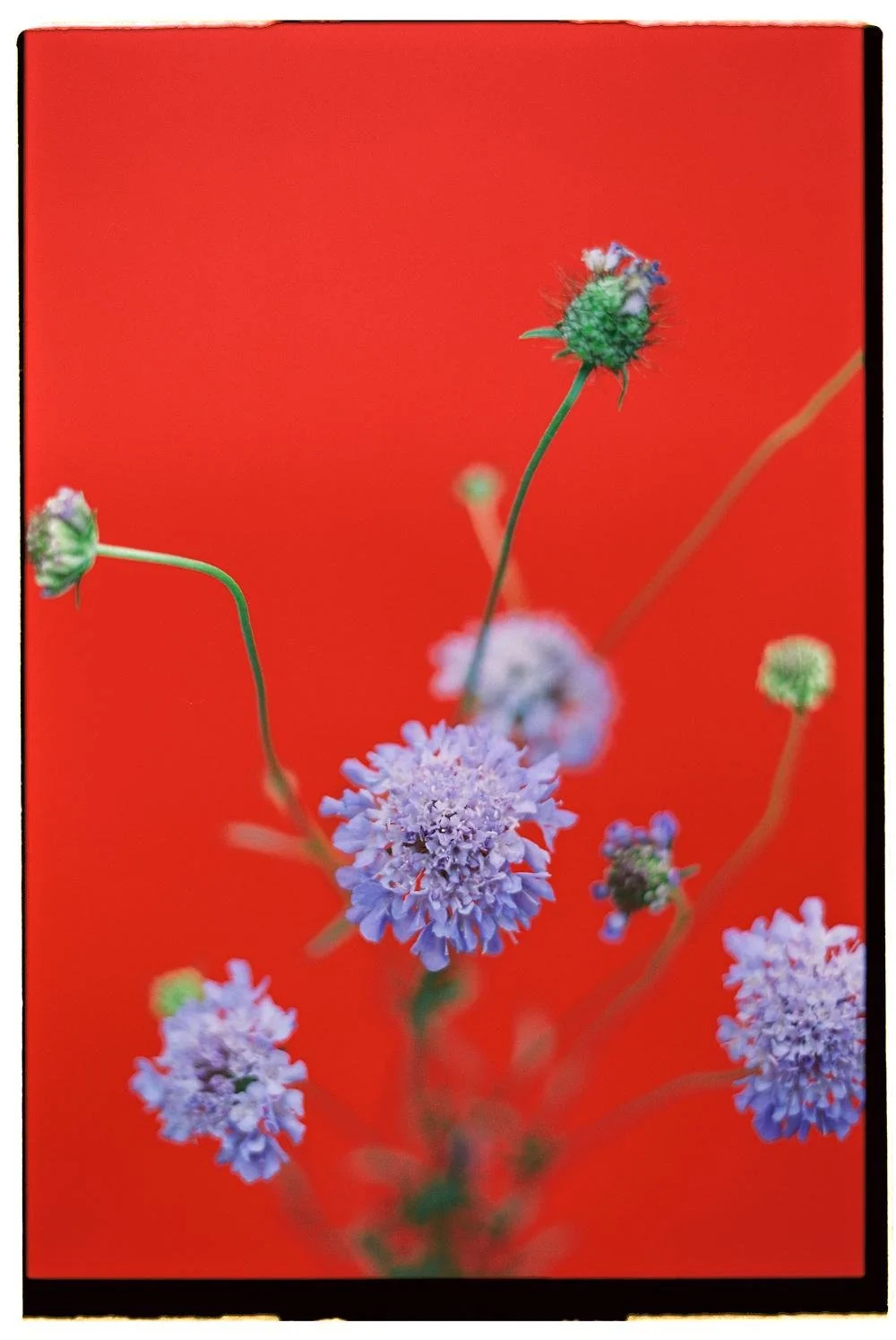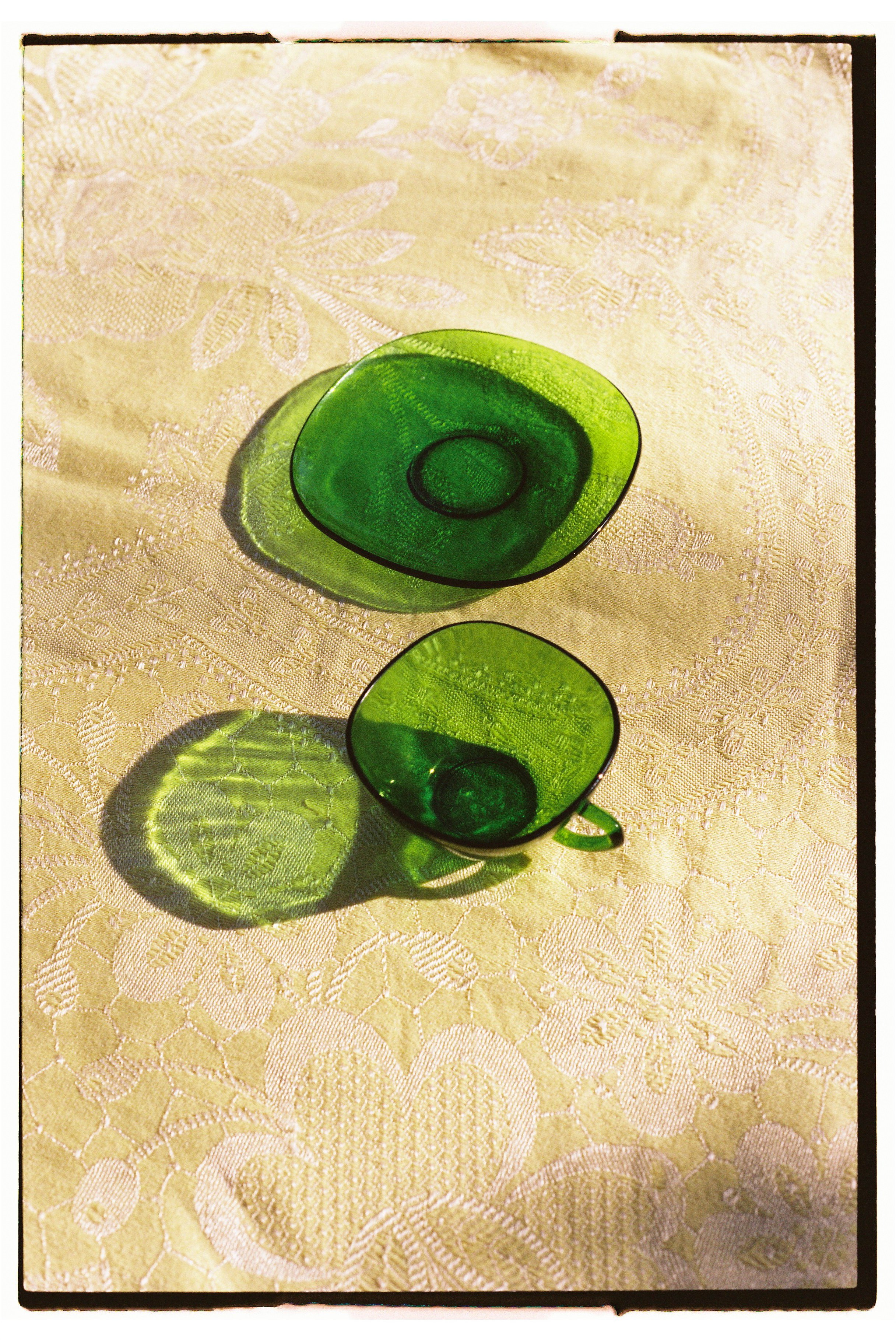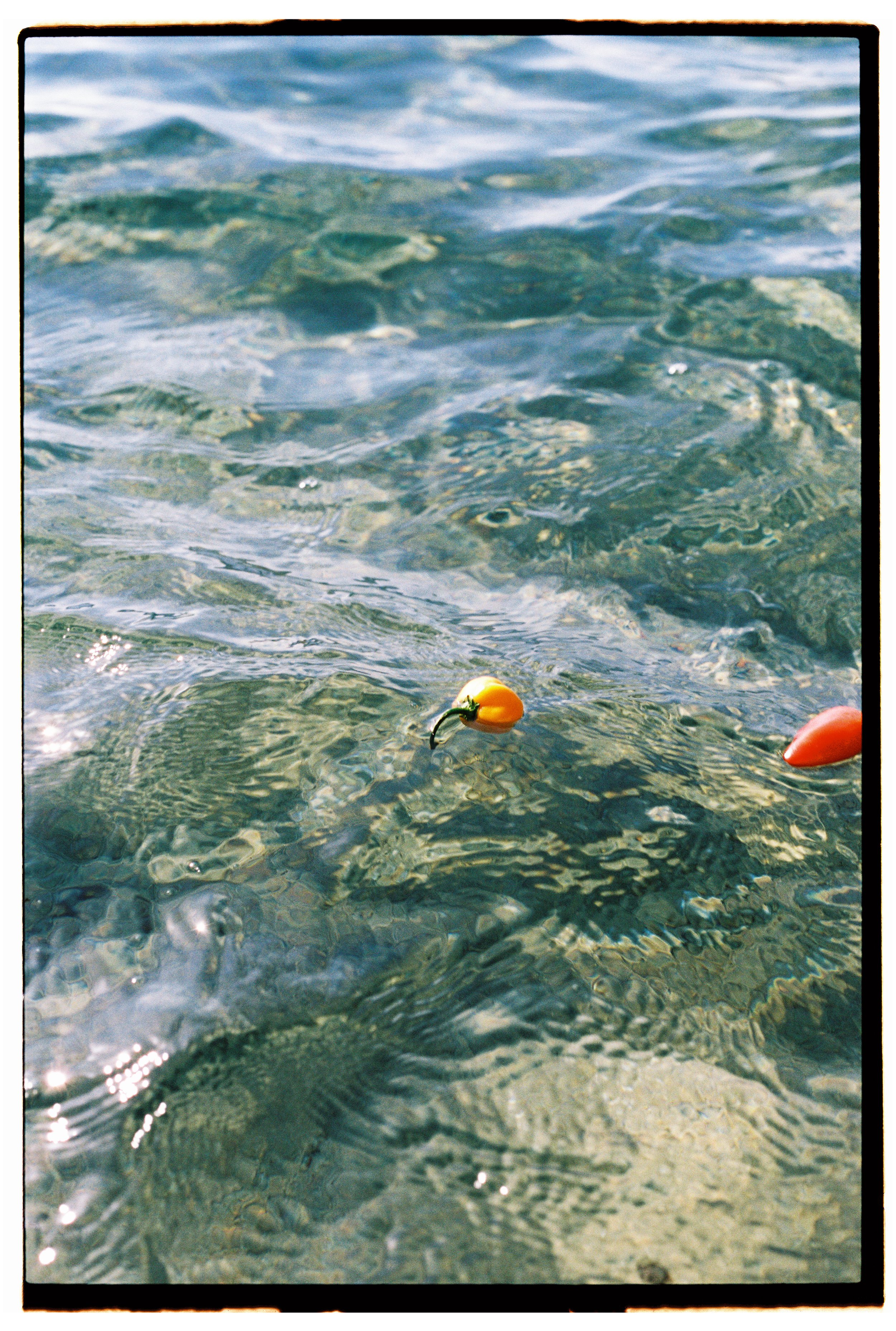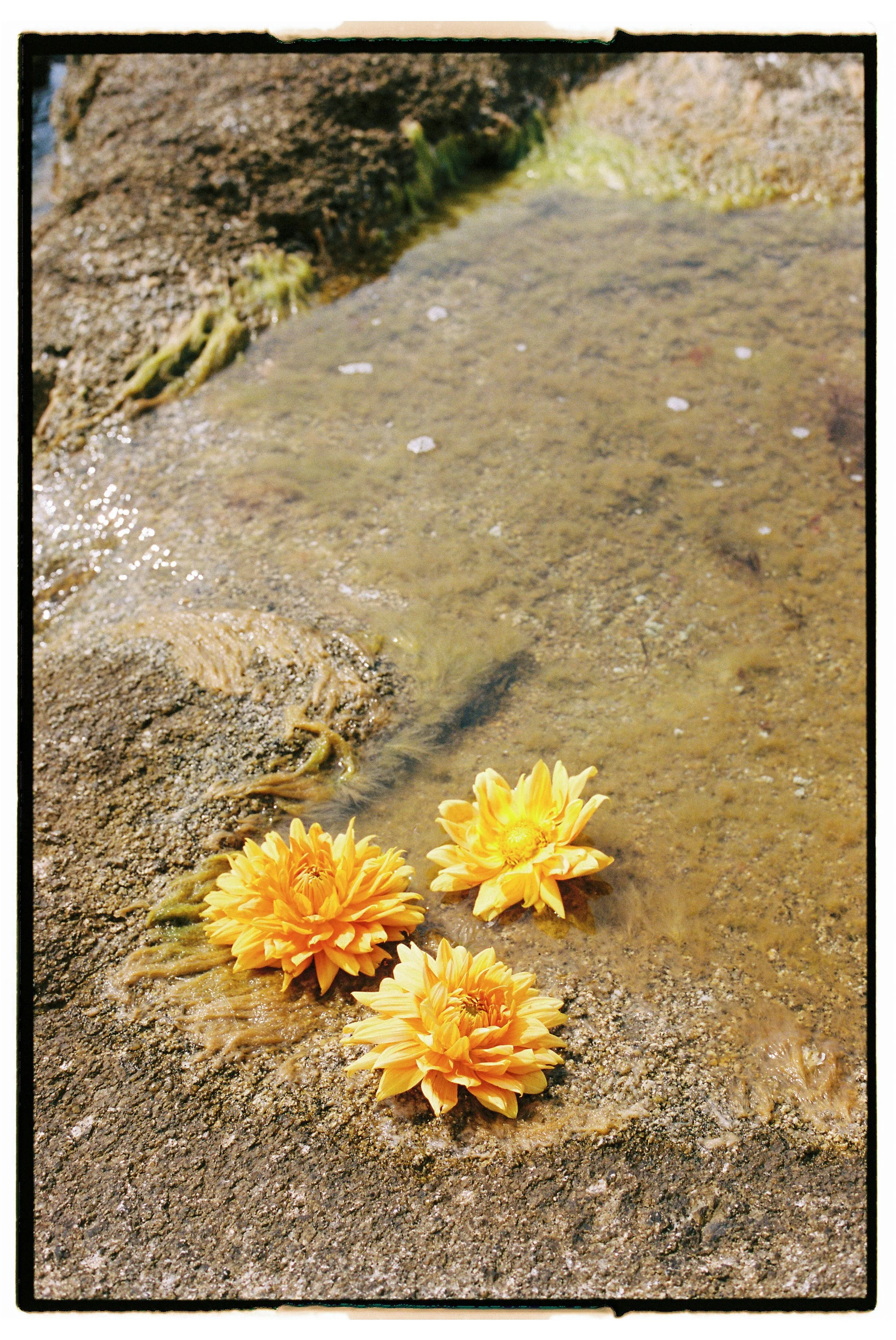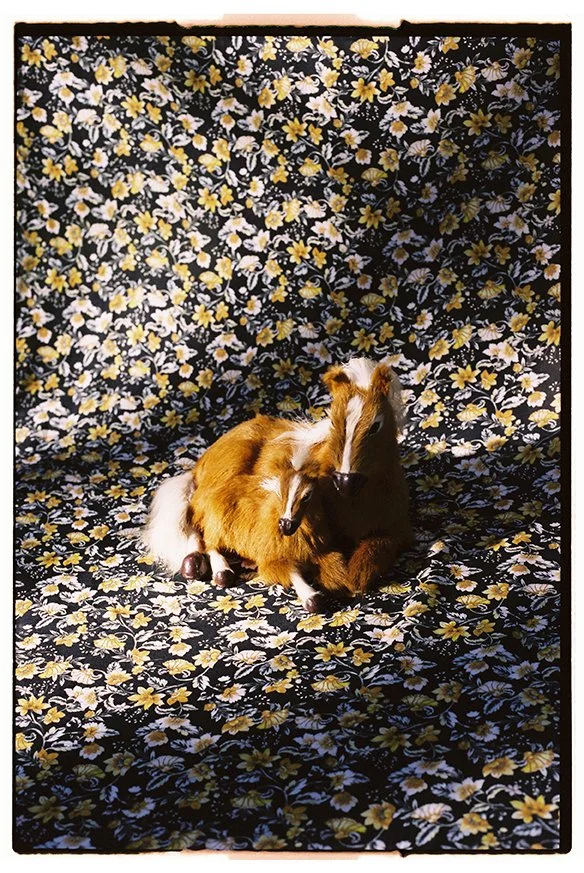INTERVIEW WITH ANDREA ROSEMERCY
Author GABRIELA GAWĘDA
Artist ANDREA ROSEMERCY
Website andrearosemercy.cargo.site
Instagram @andrearosemarcy
Andrea Rosemercy (1983, Spain) has been working in the photographic sector for 10 years and after the time spent there, she felt it was the time for her to start a new path. When it comes to photography, she always had her eye on it but it was not until 2019 when she dedicated herself more seriously to analogue photography. Her work operates among three constants: the exploitation of the full range of colour, the study of composition and the interpretation of emotions to generate ideas and concepts. Photography helps Rosemercy to focus on the present moment and is a great companion for channelling emotions. Her motivation to work with analogue techniques is strengthened both by the possibilities and limitations of the film material. Rosemercy loves analogue photography for its texture and for the way it boosts her creativity.
Firstly, I wanted to ask you a question about one of your earlier projects- Unplugged. The project captures scenes of what looks like a warm summer day at a beach. The sun is sparkling in the water, people sit or stand looking calmly into the horizon of the water. Was your goal to depict the sole beauty of such moments or to pursue a deeper truth?
The pictures in this project want to show that moment when we are at the beach and we relax, as if we were disconnecting from the real world. Summer is the season when most people go to the beach to enjoy a leisure experience. For me the beach has that healing effect both mentally and physically. For that reason, I like to photograph people who I think are experiencing the same thing that happens to me. A change of scenery to oxygenate the soul, a little break from routine that allows us to get on with our lives.
2. In your next project Unfading Flowers, you depict a series of vibrant flowers. The images function as portraits of still lifes, enlarging particularities of each plant. How important was the texture of the flowers for the overall meaning of the series?
In this series, the final texture of the flower is one of the key points and I wanted to do this in a simple but effective way for the human eye. I decided to use natural light, the contrasting colour of the background or use coloured filters in case the flower and the background were the same colour in order to magnify each flower in each picture.
3. Does the joyful atmosphere of Unplugged connect to the emotions which you want to express through Unfading Flowers?
It's possible, in the end, what I've always wanted is to make photographs that generate a good sensation when they are seen, making the experience a nice moment for the eye and therefore for the soul. Otherwise, I like to immortalize good moments or scenes that make us feel good. On one hand, the good experience of disconnecting on the beach and on the other, to immortalize that moment when the flowers are at their best and make it last forever.
4. In your series Unfading Flowers, you mostly shoot field flowers, right? Why is that?
A few years ago, I came across an organic flower farm near my parents' house in Palafrugell (Horta de la Viola) with a project that stole my heart because they work responsibly with the environment. So, for this reason the flowers chosen for this project are wild flowers. In addition, many of the flowers I have photographed are from that farm or planted in my parents' garden, which makes them very special to me.
5. Your recent series Your Memory is My Favourite Colour evokes similar evokes as well a summer atmosphere. The images represent an abundance of nature including flowers placed in diverse locations, water landscapes and toys which add a playful tone to the scenery. Would you like to tell a similar story through Your Memory is My Favourite Colour as Unplugged?
This series is about good memories. How objects and places have the power to remind us of the past, triggering memories and making us remember moments we have experienced. The sea, everyday objects, flowers, are elements that have the particularity to make me remember. I wanted to capture some of these memories in a poetic and colourful way because that's how I would like to remember them.
6. Would you like to ever use other than 35mm in your work as a photographer?
Yes, I would love to be able to use medium format more often and any other type of camera. I'm not technically close to anything because there is so much to experiment and learn.

